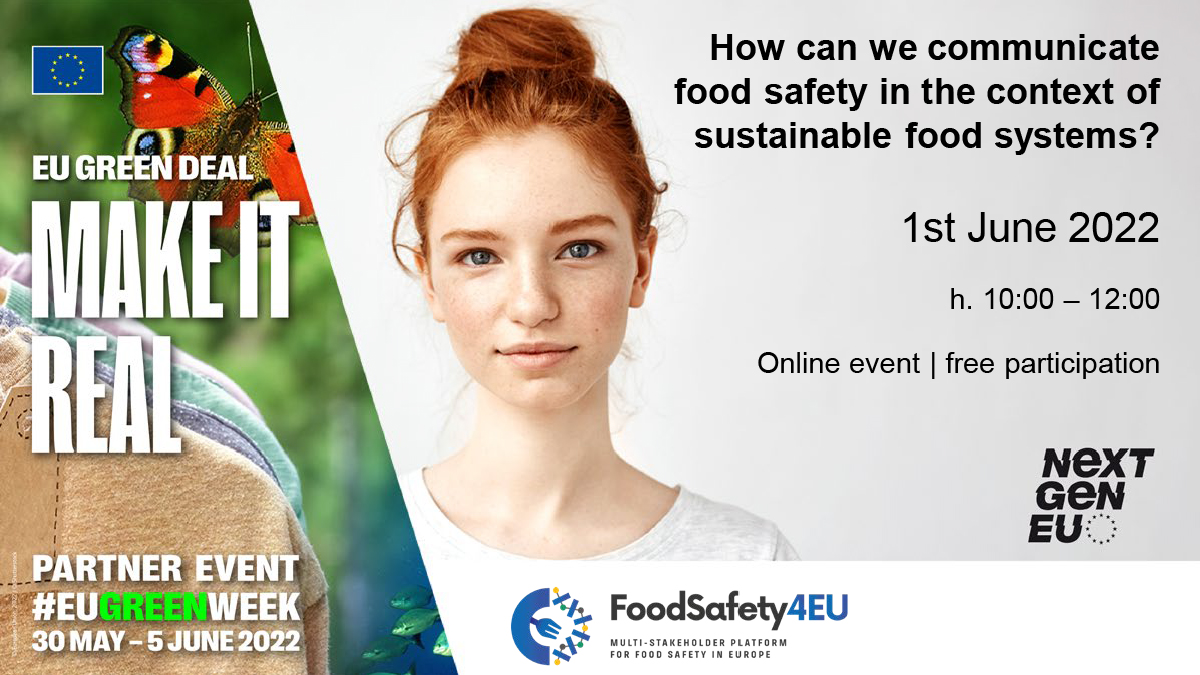Sustainable foods: safe for us, safe for our planet

Beyond issues about our own health, the foods we consume also have an impact on the health of the planet – which in turn, affects human health in the long term; in recent years, specific figures and reports have underlined various worries for living ecosystems: climate change, undamped GHG emissions, marine litter, as well as both local and global biodiversity loss all along our own food chain – from soil organisms to pollinators and marine life.
These phenomena appear as substantially caused by our agricultural and farming practices and, at the end of the day, by current human eating habits and patterns. While our main focus will always be producing safe foods for all humans, we now need to make sure that they prove to be safe for our planet as well.
.

(Photo credit : Creative commons)
How can we all fight for our planet?
Needless to say, since plant-based diets tend to have a lower planetary impact than animal-based diets, European consumer’s choices are of paramount importance in the current agricultural paradigm shift. Furthermore, going for more plant-based foods financially allows EU citizens to select more certified, eco-consciously-raised animal foods, thus leading to reduce EU farming environmental impacts, as long as those foods are safe to consume, available, affordable and deliver the required nutritional needs for each individual.
However, EU consumers are not the only actors that can contribute to more sustainable diets, and tons of public and private initiatives are already being taken in this direction : from EU fundings of projects to step up European cultivation of pulses, legumes (ex: here or here) and insect-based feeds/foods (here) to food eco-labeling and consumer information schemes (here), as well as technological breakthroughs allowing for more eco-friendly farming practices, such as precision agriculture (robotic automatization, crop imaging), vertical farming, advances in biostimulants and biopesticides for crops, genetic engineering, or even plant-based/cultured meat, etc.
.
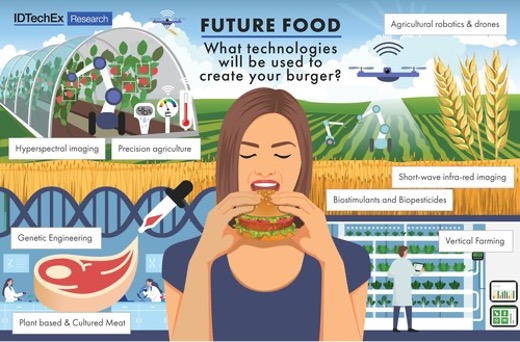
(Photo credit : IDTechEx Research)
Do you want to further get involved in food sustainability?
Then save the date: Food sustainability is the topic of the Pre-Forum organized online on the 15th of December (register here) by the FoodSafety4EU project, gathering various European stakeholders: private, public, scientific, industrial, consumer organisations, etc.
You are very welcome to join and contribute together to shaping the future collaborative platform for food safety in the EU.
.

This introductory conference will pave the way for the future EU FOOD SAFETY FORUM, a place where you will find some answers to both general and specific questions about how food safety and food sustainability interconnect, and where citizens’ requests will be sped up more efficiently to political level.
Please don’t hesitate to show up and help build the future of our foods: safe for us, safe for our planet.
Latest Articles

Towards holistic, AI-driven emerging risk assessment: catching stakeholders’ needs in Living Labs
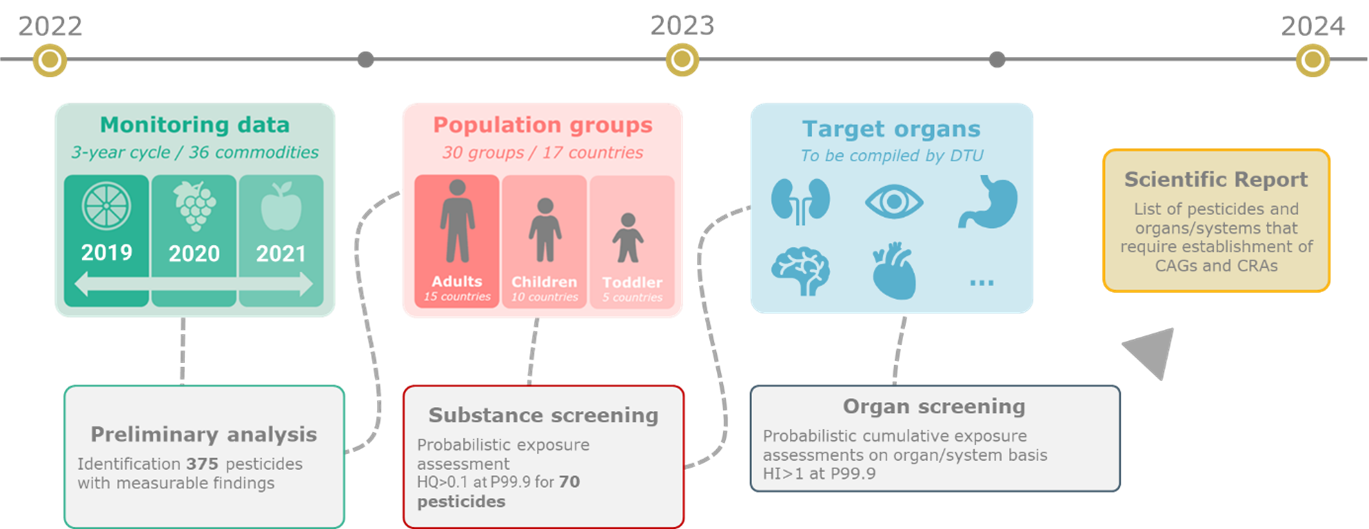
Protecting public health: understanding the importance of cumulative risk assessment of pesticides
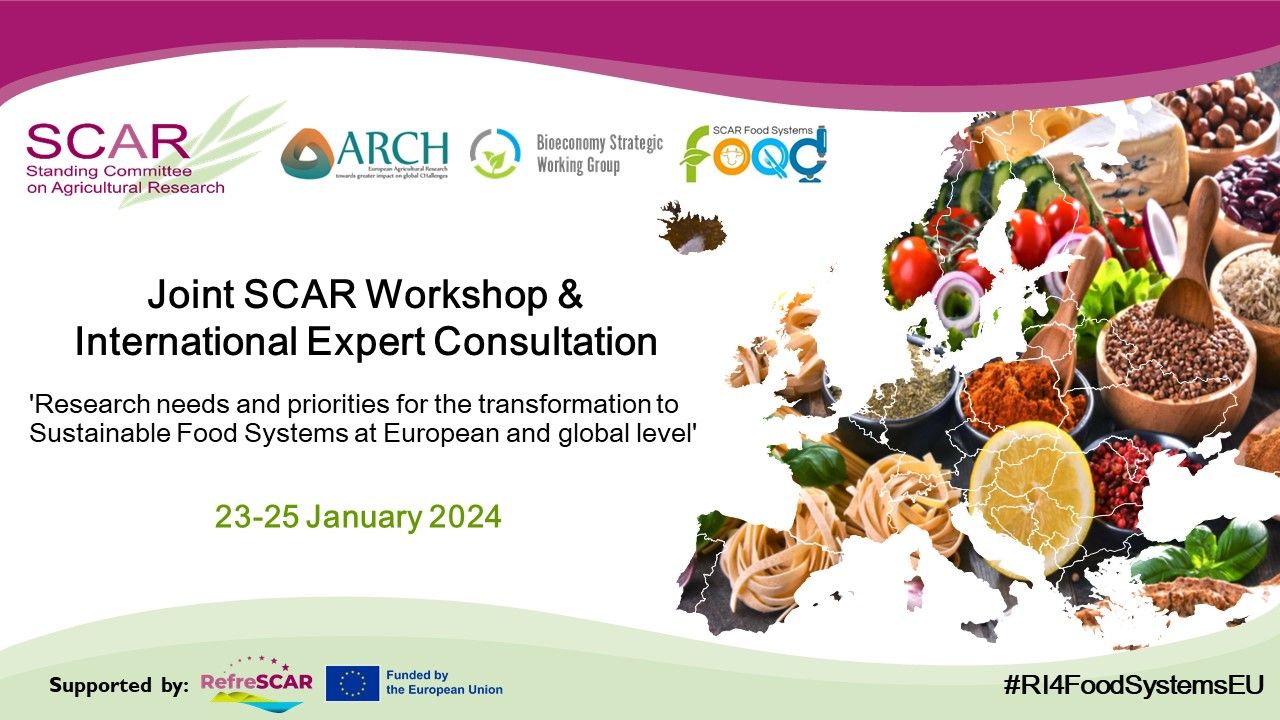
SCAR consultation workshop on Sustainable Food Systems: highlights from EU FOOD SAFETY PLATFORM
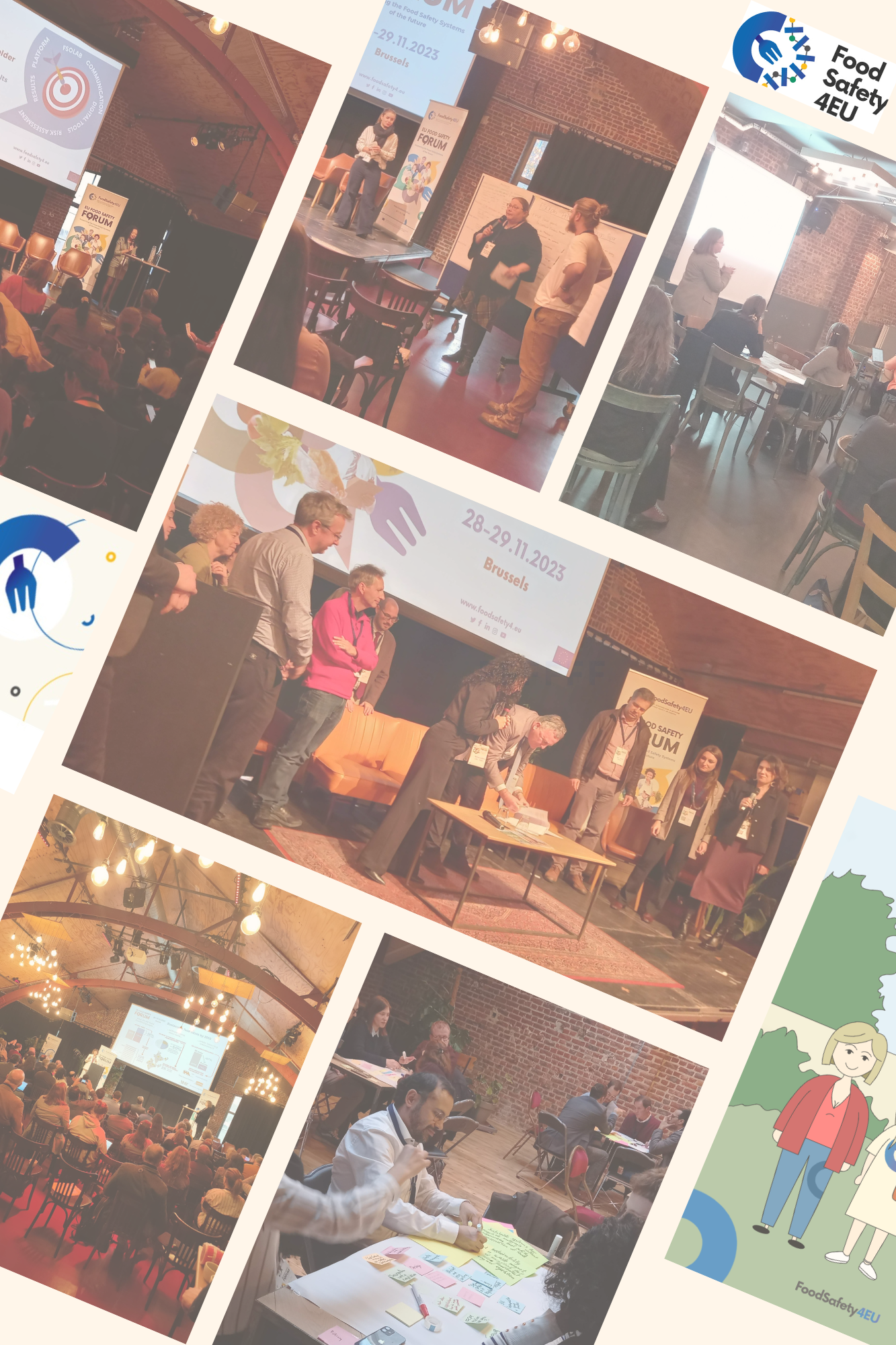
Pioneering advances in the EU Food Safety System: highlights from the first EU Food Safety Forum
Food4Future_cz

New Tools for Preventing Harmful Bacteria in Ready-to-Eat Foods


